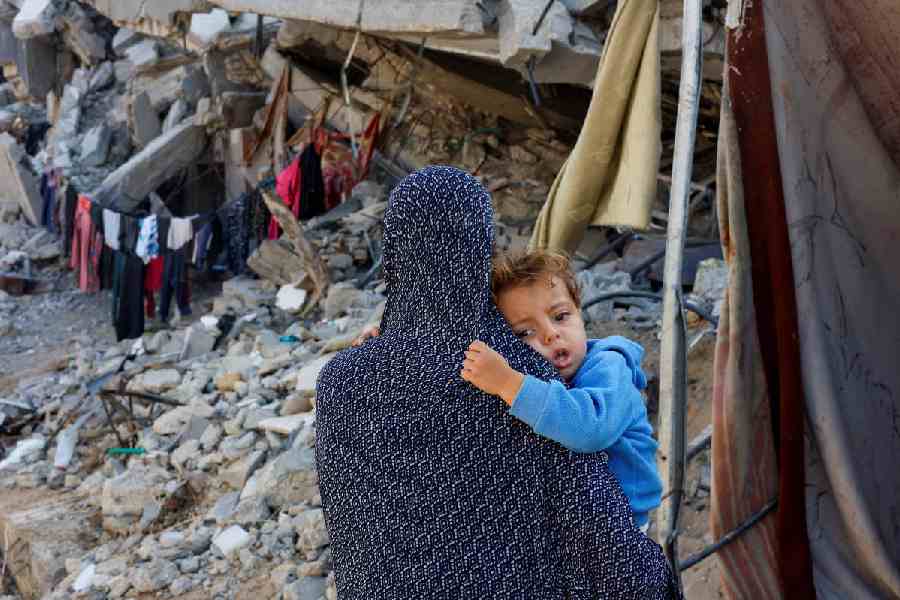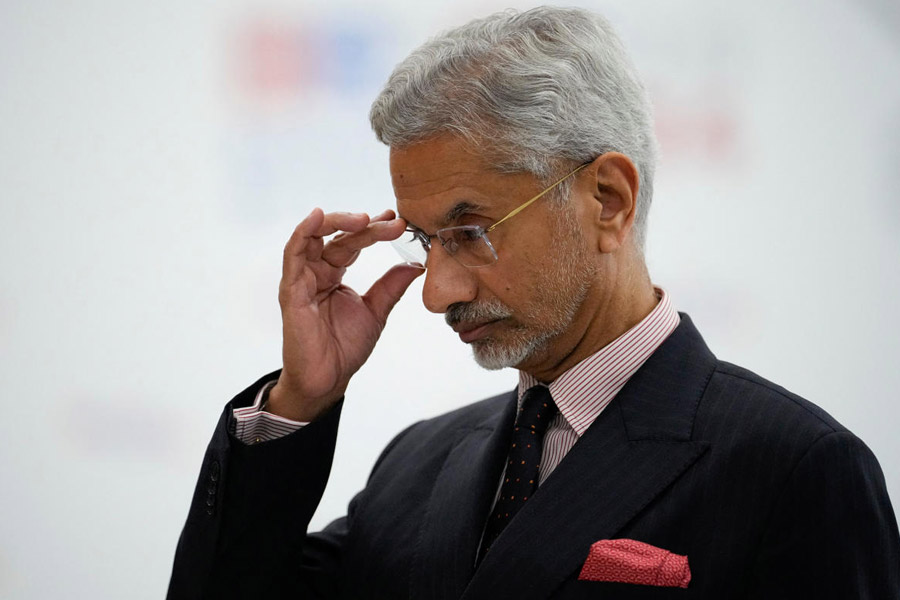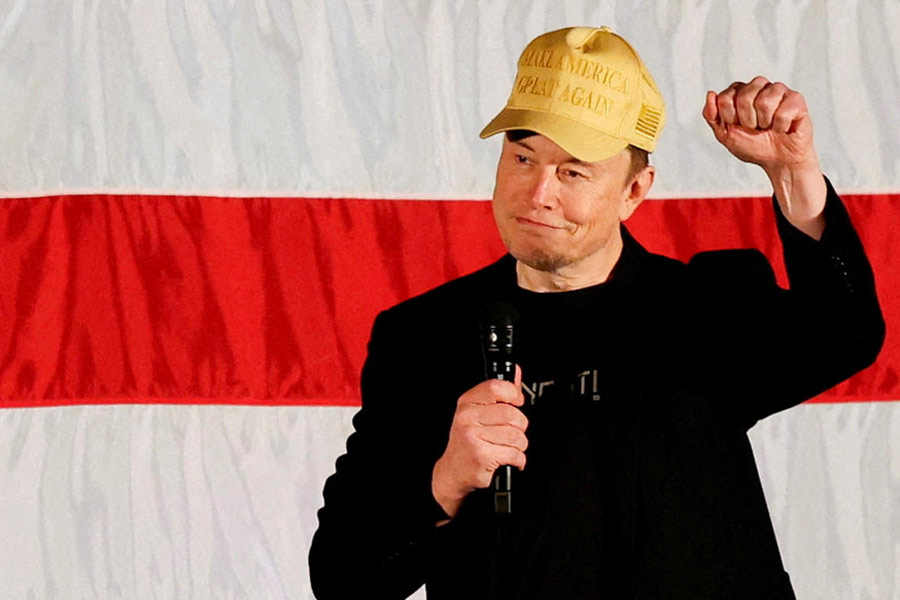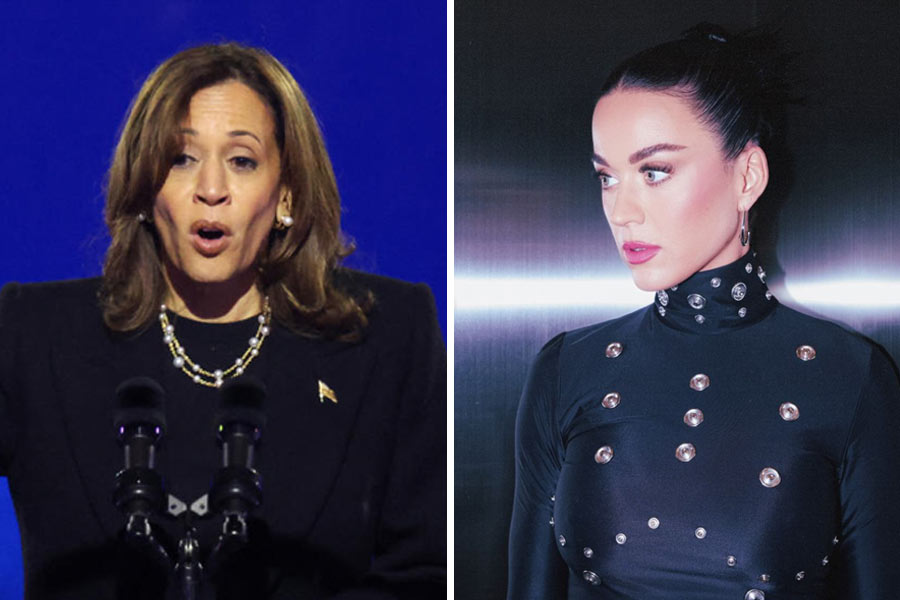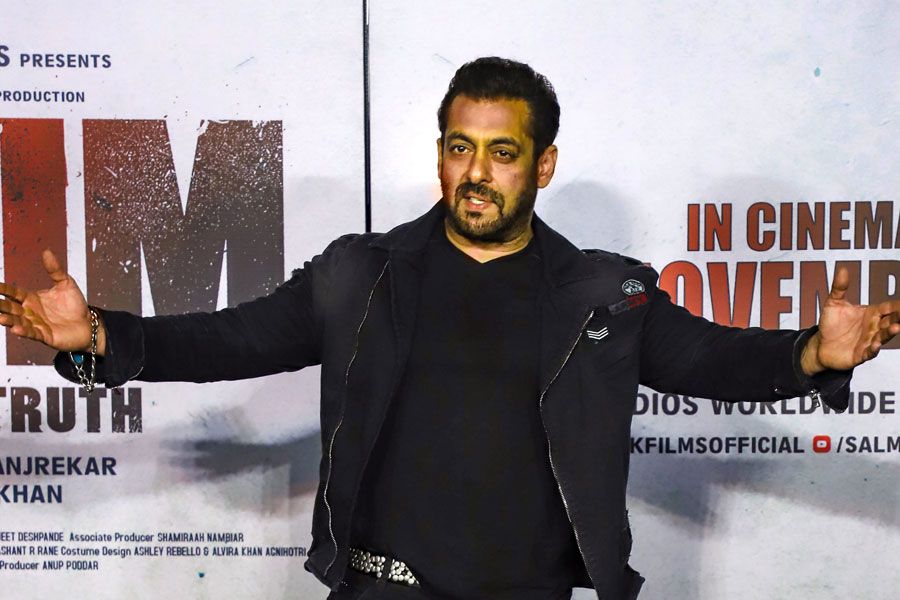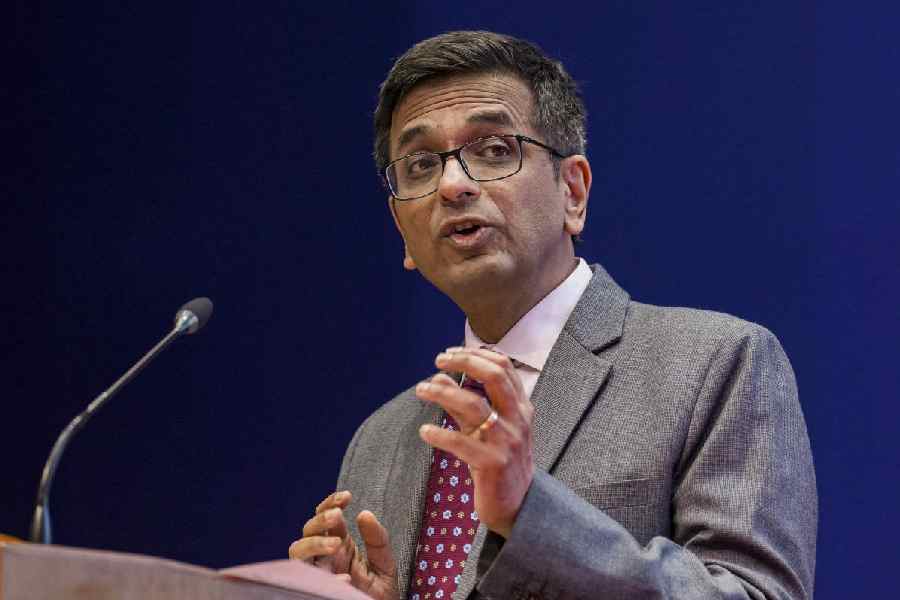JNU has “deferred” academic seminars where the ambassadors of Iran, Palestine and Lebanon had been invited to speak, prompting allegations of a policy to discourage anti-Israel discussions on the campus.
Amitabh Mattoo, dean of JNU’s School of International Studies (SIS), and Sameena Hameed, chairperson of the SIS wing, the Centre for West Asian Studies (CWAS), on Monday defended the decision.
Hameed said the now-removed CWAS seminar coordinator, Sima Baidya, had scheduled the seminars “without following procedure”. She said the university would “soon” invite the three ambassadors to deliver talks.
The CWAS appoints a professor as seminar coordinator who invites experts to its weekly seminar, held on Thursdays. Baidya had invited the Iranian ambassador to an October 24 seminar on the West Asia conflict, and the Palestinian and Lebanese envoys to seminars scheduled for November 7 and 14, respectively.
But all three events were “deferred”, a committee formed to inquire into “procedural lapses”, and Baidya removed as seminar coordinator.
Ajay Patnaik, retired JNU professor and former dean of SIS, said there were no clear rules about “inviting any dignitary” to SIS seminars.
“The seminar coordinator normally selects the speakers. If an ambassador is to be invited, the (CWAS) chairperson should be informed,” he said.
“When a seminar is put on hold, it should be rescheduled to another date. But there’s no clarity when these events will be held.”
He added: “If, after inviting ambassadors, the events are put on hold, it means that criticism of Israel is being discouraged. The government doesn’t want any critical discussion of Israel’s actions in any university. The JNU administration is just doing that citing procedural lapses.”
Two SIS professors echoed Patnaik, one of them alleging the seminars had, in effect, been “cancelled” and blaming “the Israel lobby inthe university”.
Hameed alleged procedural lapses in planning the Iranian envoy’s talk. “Generally, the seminar coordinator informs the centre chairperson and the dean of the school when protocol needs to be followed for the invitees,” she told The Telegraph.
“Certain protocols should be followed in receiving (foreign ambassadors) and conducting the event. But neither the chairperson nor the dean were informed about the Iranian ambassador being invited. So, the event had tobe postponed.”
The events involving the other two ambassadors were still in the planning phase, Hameed said, adding that the coordinator may have contacted the envoys on her own but had not informed the centre.
She said the charge of seminar coordinator had been “temporarily given to another faculty member” pendingthe inquiry.
Sources said Baidya had complained to Mattoo about the way she had been treated.
Hameed said: “The Iranian and Palestinian ambassadors have been frequent visitors to this centre.... We will definitely reach out to them (the three envoys) and invite them for talks soon. The events will be rescheduled as soonas possible.”
The SIS has also postponed an October 23 lecture by Sumit Ganguly, senior fellow, Hoover Institution, Stanford University, on “Area studies and international relations: State of discipline in the US”. Ganguly has been critical of the Narendra Modigovernment’s policies.
Mattoo said Ganguly’s lecture had been deferred through “mutual consultation” and would be held in March.

